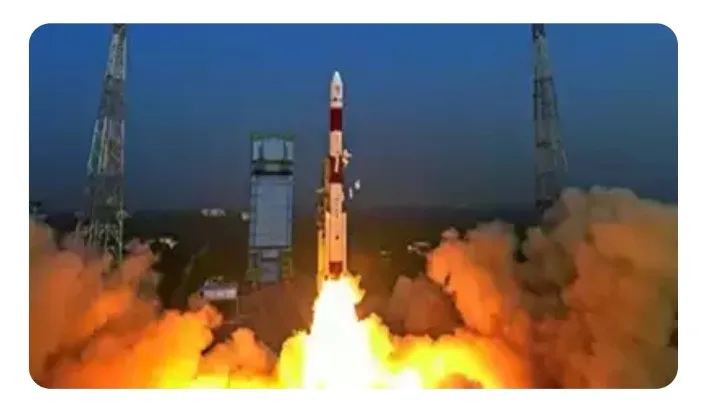SRIHARIKOTA: In a historic achievement, India becomes the second country after the United States to launch a dedicated satellite for the study of black holes. The Indian Space Research Organisation (ISRO) marked the beginning of 2024 with the successful deployment of XPoSat (X-ray Polarimeter Satellite), aiming to conduct groundbreaking research on celestial objects.
The reliable PSLV embarked on its 60th flight, positioning the satellite in a 650km orbit. The PSLV-C58’s final stage transformed into an orbital experimental module (POEM), initiating a month-long testing phase for its 10 payloads.
Approximately 22 minutes post-lift-off from the Satish Dhawan Space Centre in Sriharikota, XPoSat was precisely injected into orbit. Noteworthy were the two coasting phases during the mission, strategically placing the satellite at a 6-degree inclination.
XPoSat’s primary mission involves the examination of X-rays emitted by celestial entities such as black holes, neutron stars, and galactic nuclei. The satellite carries two key payloads: Polix (Polarimeter Instrument in X-rays) developed by the Raman Research Institute and Xspect (X-ray spectroscopy and timing) by the Space Astronomy Group of URSC.
Prime Minister Narendra Modi lauded the achievement, stating, “A great start to 2024 thanks to our scientists! This launch is wonderful news for the space sector and will enhance India’s prowess in this field.”
ISRO Chairman S. Somanath described the launch as a “New Year gift to all of us” and highlighted XPoSat’s uniqueness in complementing the scientific objectives aligned with previous missions like Astrosat and Aditya-L1.
In a notable announcement, Somanath shared ISRO’s plans for 2024, emphasizing the readiness for the Gaganyaan mission. The agency aims to undertake at least 12-14 missions throughout the year.
Meanwhile, Aditya-L1, India’s maiden solar mission, is set to reach its final destination at the L1 point of the Sun on January 6. This mission further adds to India’s growing prominence in space exploration.







